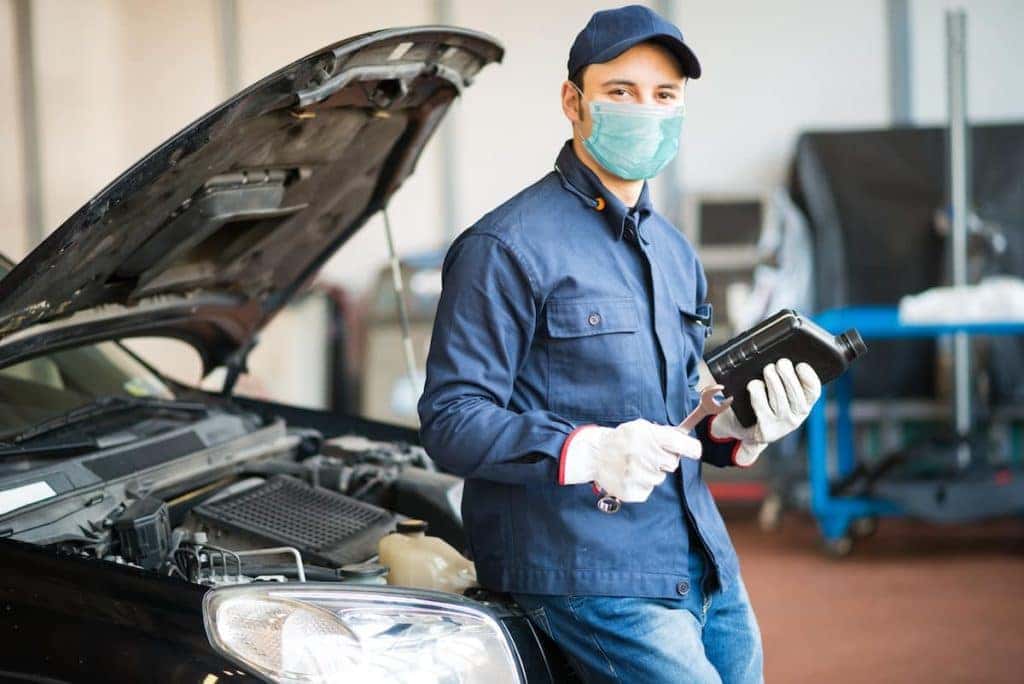Featured

Your cars and truck's engine is the heart of your automobile, and maintaining it in top problem is important for optimal performance and long life. Normal engine tune-ups are a wonderful means to preserve your cars and truck's health and wellness, boost gas efficiency, and stay clear of expensive fixings down the road. Whether you're an automobile lover or somebody that simply desires to maintain their car running efficiently, these engine tune-up ideas will aid you obtain one of the most out of your auto.
- Replace Glow Plugs. Trigger plugs play a vital role in starting your engine and ensuring smooth combustion. In time, ignition system can come to be dirty or broken, leading to misfires, minimized gas performance, and harsh idling.
During an engine tune-up, check and change your ignition system if essential. Most automobiles require brand-new ignition system every 30,000 to 100,000 miles, relying on the type. Routinely replacing ignition system ensures proper ignition and optimal engine efficiency.
- Check and Tidy the Air Filter. The air filter protects against dirt, dust, and particles from entering your engine. A clogged up or dirty air filter limits air flow, triggering your engine to function harder and melt more gas.
Inspect your air filter during a tune-up and change it if it's filthy. In messy environments or areas with hefty contamination, you might need to transform the air filter more regularly. A tidy air filter can enhance fuel effectiveness and expand the life of your engine.
- Check and Replace Belts and Hose Pipes. Belts and tubes are important for various engine features, such as powering the generator, water pump, and cooling system. In time, these parts can split, battle royal, or put on out, possibly leading to break downs.
During a tune-up, check belts and hoses for signs of wear and replace them if needed. Replacing these components proactively can save you from costly fixings and prevent unexpected failures.
- Clean the Gas System. Your gas system, including the gas injectors and fuel lines, can build up dust and carbon deposits over time, minimizing engine efficiency. Cleansing the gas system throughout a tune-up helps enhance performance and fuel economic situation.
You can use a gas system cleaner or have an expert mechanic do an extra comprehensive cleansing. This action is especially crucial for older automobiles or cars that frequently drive in stop-and-go traffic.
- Examine the Battery and Billing System. A healthy and balanced battery is crucial for beginning your engine and powering electrical components. Throughout a tune-up, evaluate the battery terminals for deterioration and make sure the connections are tight.
Inspect the battery's voltage and change it if it reveals indicators of weakness. Additionally, have the alternator and billing system examined to ensure your battery remains charged throughout procedure.
- Change the Engine Oil and Oil Filter. Oil modifications are a basic component of engine upkeep. Engine oil lubes moving components, decreases friction, and aids manage engine temperature level. With time, oil ends up being polluted and loses its efficiency.
Throughout a tune-up, change the engine oil and oil filter to maintain your engine running efficiently. Follow your automobile's producer referrals for oil kind and modification periods.
- Check the Air Conditioning System. The cooling system avoids your engine from overheating. With time, coolant can break down or come to be contaminated, lowering its effectiveness.
Inspect the coolant degree and problem throughout a tune-up, and flush and replace it if needed. Evaluate the radiator, water pump, and hoses for leaks or damage. A well-kept air conditioning system aids your engine operate at the appropriate temperature level and avoids overheating.
- Examine the Ignition System. A damaged ignition system can trigger starting issues and minimized engine efficiency. Throughout a tune-up, examine the ignition coils, supplier cap, and rotor (if applicable) Replace any type of elements that reveal indicators of wear or damage to make certain smooth and trusted engine procedure.
- Listen for Unusual Sounds. During a tune-up, take the possibility to listen for any kind of uncommon engine sounds, such as knocking, ticking, or hissing. These audios can show underlying concerns, such as valve issues, loose components, or exhaust leaks. Attending to these problems early can avoid more considerable damage.
- Usage Top Quality Parts and Fluids. When executing an engine tune-up, constantly make use of top quality parts and fluids that fulfill your lorry producer's specifications. Affordable or incorrect components can jeopardize your engine's performance and integrity.
Final Thought: A Well-Tuned Engine is Secret to Long life. Routine engine tune-ups are necessary for maintaining your vehicle's efficiency, effectiveness, and integrity. By changing worn elements, cleaning essential systems, and resolving potential concerns, you can maintain your engine running smoothly for many years ahead. Whether you're doing it on your own or counting on a relied on mechanic, spending in tune-ups is a smart means to safeguard your lorry and enjoy a safer, smoother adventure.
Latest Posts
Discover the Leading Auto Repair Coupons in Montclare, Chicago
Find Premier Auto Repair Solutions in Chicago – Expert Care for Your Vehicle
Find Oil Changes & More: Comprehensive Auto Care Solutions from Montclare Auto Repair
More
Latest Posts
Discover the Leading Auto Repair Coupons in Montclare, Chicago
Find Premier Auto Repair Solutions in Chicago – Expert Care for Your Vehicle
Find Oil Changes & More: Comprehensive Auto Care Solutions from Montclare Auto Repair